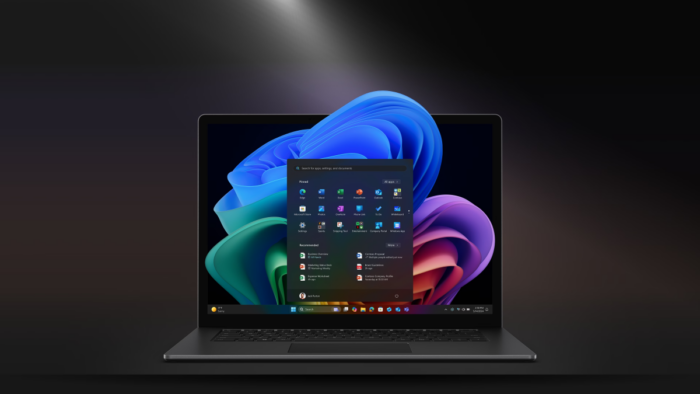Windows 11 24H2 is, surprisingly, dropping support for these Intel chips
Microsoft quietly updated its support page
Key notes
- Microsoft’s Windows 11 24H2 no longer supports Intel’s 8th, 9th, and 10th Gen processors for new OEM systems.
- Users with these processors can still receive updates, but new systems with them won’t be eligible for the latest updates.
- Buyers of new OEM systems should opt for Intel’s 12th Gen or newer processors for Windows 11 compatibility.

Microsoft has quietly announced that Windows 11 version 24H2, its most AI-friendly version, will no longer support Intel’s 8th, 9th, and 10th Gen processors on new OEM systems.
This change affects only new devices, meaning users who already have these processors can still receive updates, but new systems with these chips won’t be eligible for the latest Windows updates.
The decision is surprising since Intel’s 8th, 9th, and 10th Gen processors support TPM 2.0, the hardware-based security feature required for Windows 11.
But, Microsoft has chosen to support only Intel’s 12th Gen and newer processors like the Snapdragon X series for the latest version of the operating system instead.
While this might cause issues for OEMs looking to build systems with these older chips, users who already own devices with 8th, 9th, or 10th Gen processors can continue to update their systems.
The change means that anyone purchasing a new OEM system should opt for a 12th Gen Intel Core processor or higher to ensure compatibility with Windows 11 24H2.
Other than that, AMD’s latest Ryzen 8000 processors have also been added to the supported list for Windows 11 24H2.
Earlier this month, Microsoft removed its official workaround that allowed users to bypass the system requirements for Windows 11 upgrades. Before that, a registry tweak allowed unsupported PCs to bypass CPU and TPM checks.
As Windows 10 approaches its end-of-support date in October 2025, Windows 11 continues to grow, now holding a 36.65% market share. Microsoft also offers a $30 Extended Security Update (ESU) for Windows 10 users looking for another year of support.
Read our disclosure page to find out how can you help MSPoweruser sustain the editorial team Read more




User forum
0 messages